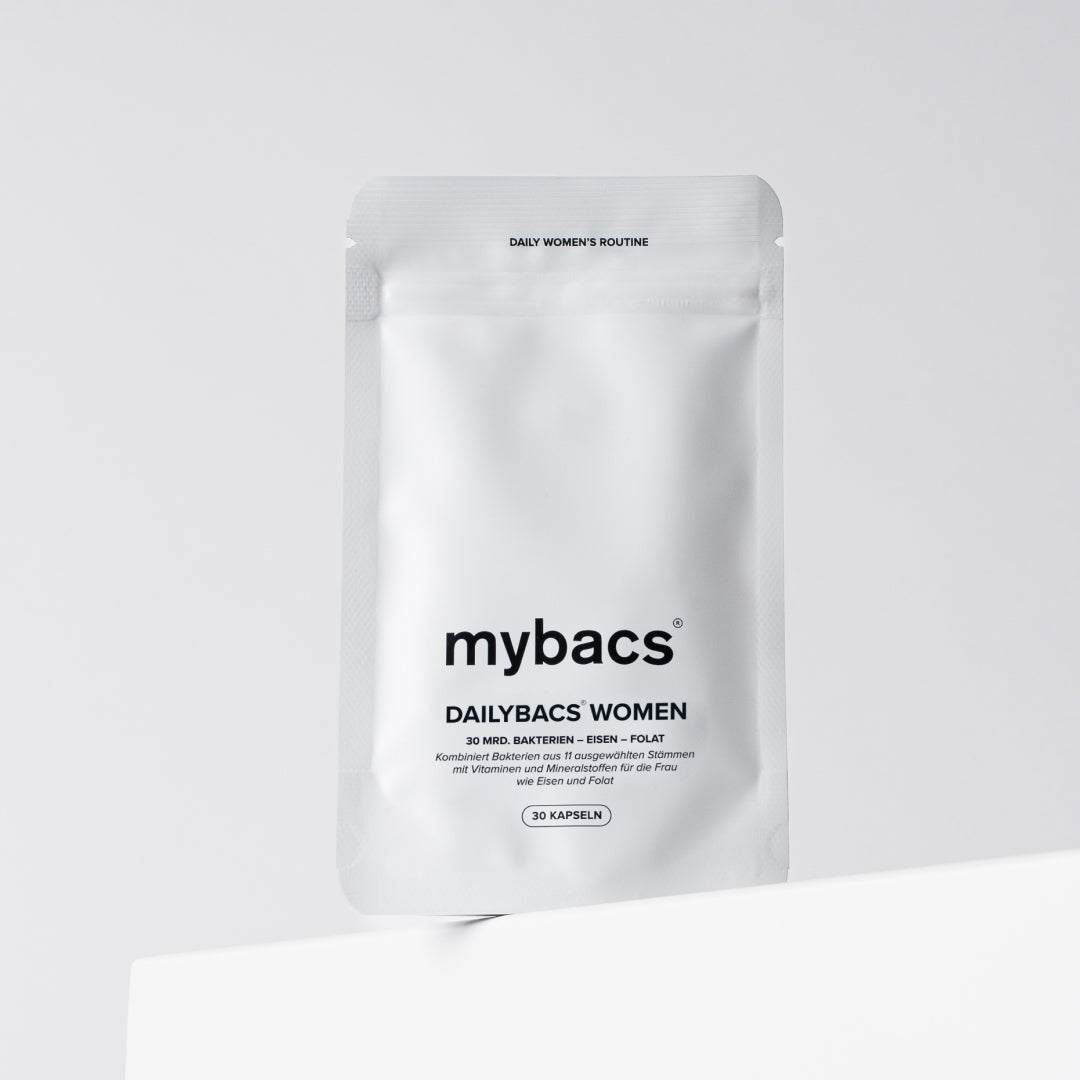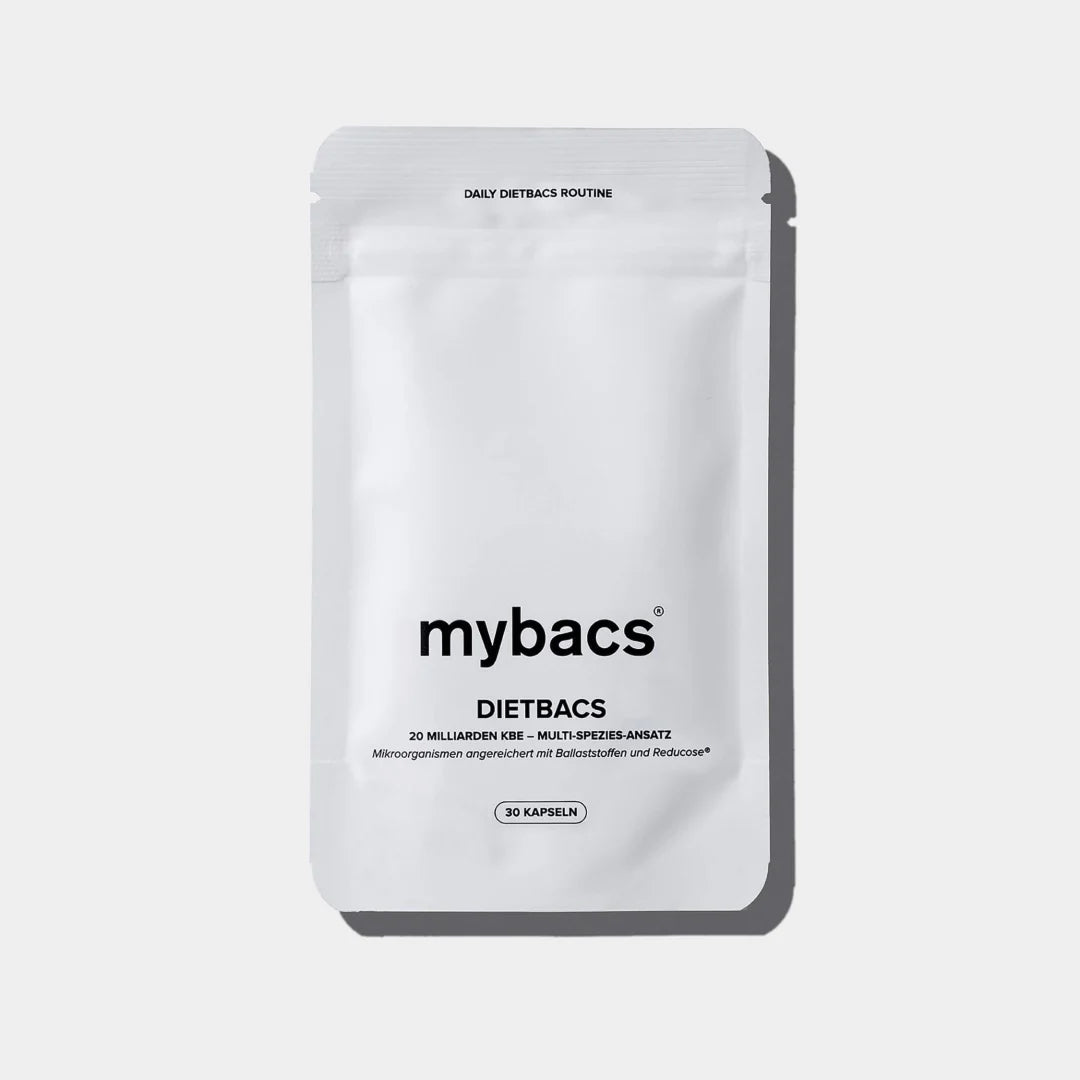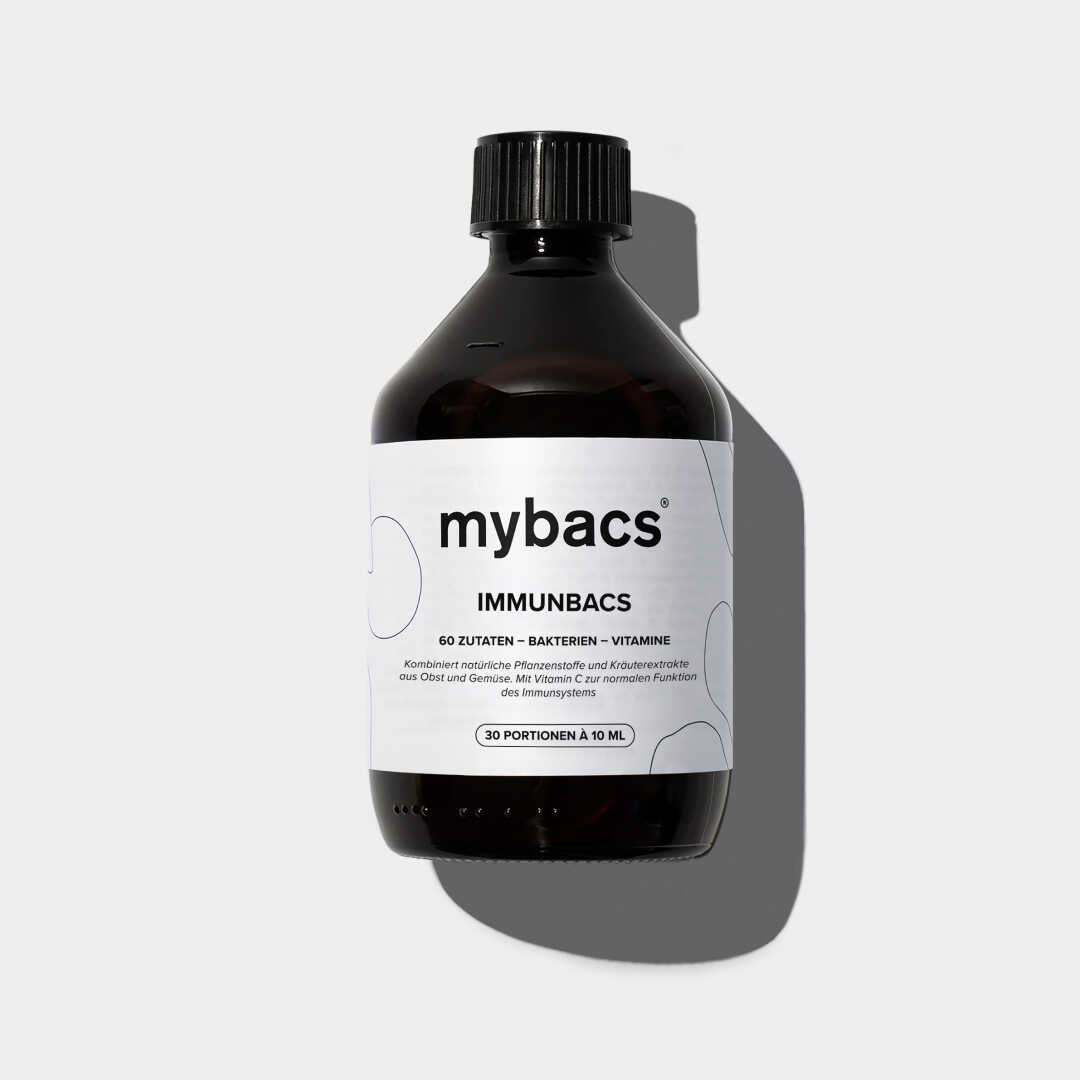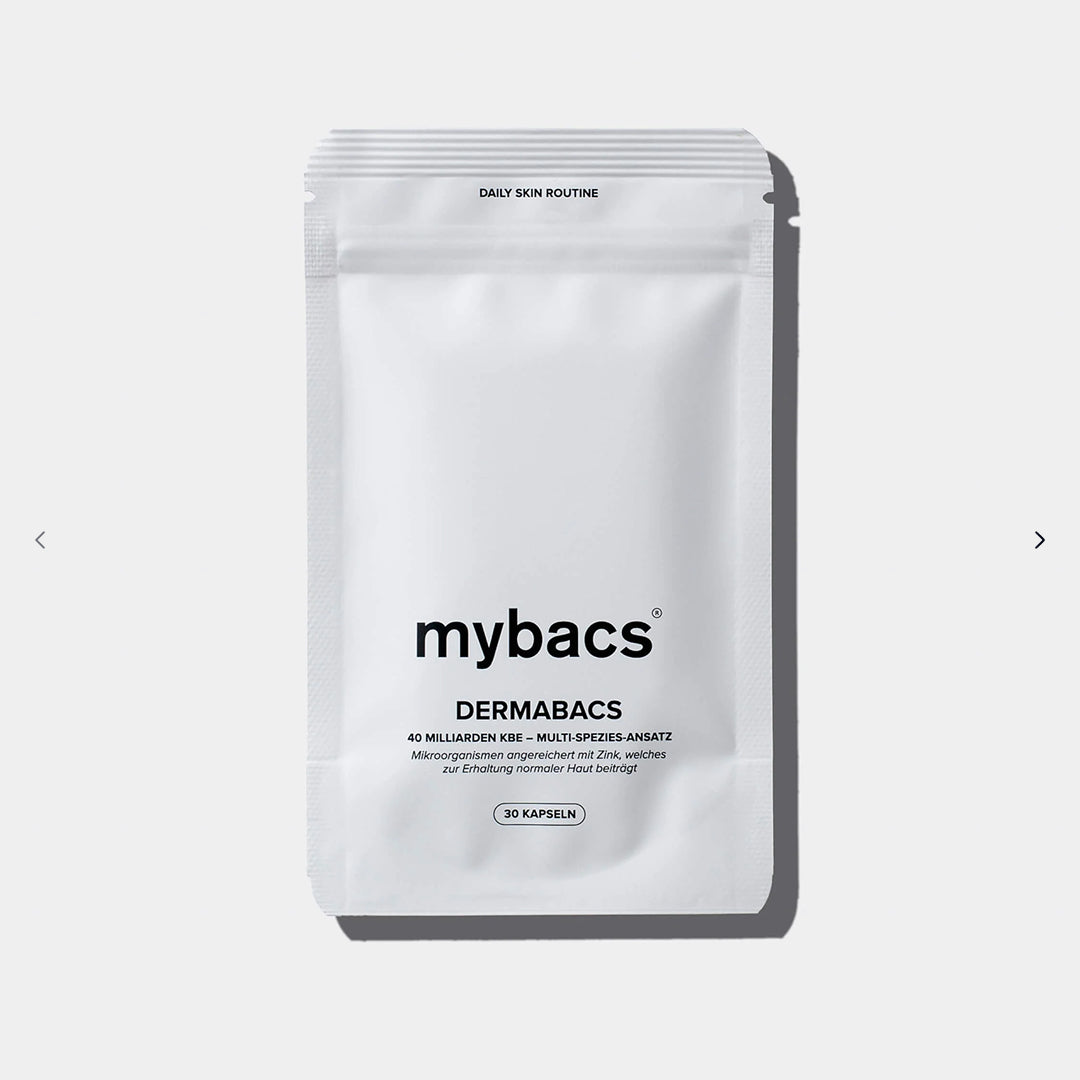In a performance-oriented society where productivity often takes precedence, sleep is often considered secondary. But did you know that high-quality sleep is your strongest ally in the fight for a robust immune system?
Immune power during sleep: How rest boosts your defenses
Scientists have been researching this connection for years, and recent studies confirm that our sleep habits, both in quality and quantity, are important for the effectiveness of our immune system. While you sleep, your body initiates essential regeneration and repair processes by significantly boosting the production of immune cells such as cytokines and T cells. These are crucial for an effective immune defense. Your immune system switches into this high-performance mode, especially during the deep sleep phase. So, in the future, when you're feeling upset about oversleeping, you can remind yourself that every hour you sleep brings you closer to a resilient immune system.
Another invaluable benefit that sleep has for the immune system is the strengthening of immunological memory. Immunological memory enables our immune system to respond more effectively to known pathogens. Every restful night strengthens this adaptive immune response, thus preparing our body to better defend against invaders.
The risks of sleep deprivation
Just as good sleep brings numerous benefits to our immune system and our well-being, lack of sleep can have just as many negative effects.
Sleep deprivation leads to reduced production of immune cells, especially T cells, which play a key role in fighting infections. This deficiency of critical defense cells slows the body's response time to invading pathogens such as viruses and bacteria, increasing the risk of disease. The decrease in immune cells also reduces the body's ability to produce antibodies, which are necessary to fight existing infections and shorten recovery time. Thus, sleep deprivation can not only increase the risk of illness but also slow the healing process.
Many of us have probably experienced this during periods of intense work or exams, when sleep becomes a scarce resource. Because it's precisely when you don't need it that you often get sick. This is no coincidence, but a direct result of impaired immune function due to insufficient sleep.
Sleep – Your ally for a powerful immune system
Sleep is therefore not simply a passive recovery phase—it's an active state that builds and strengthens your immune system. By investing in the quality of your sleep, you sustainably strengthen your immune system. To help you make the most of every night in the future to strengthen your immune system and increase your physical resilience, we have 10 tips for you to optimize your sleep.
10 tips for a restful sleep & a strengthened immune system
- Follow a sleep ritual
Develop a relaxing bedtime routine, such as a warm bath or a cup of tea, to prepare your body for the night and improve sleep quality.
- Find your sleep rhythm
Maintain a consistent sleep schedule to stabilize your biological rhythm and improve sleep quality.
- Create an ideal sleeping environment
Make sure your room is quiet, dark, and cool. A comfortable bed and a room temperature of around 18 degrees Celsius are ideal for restful sleep.
- Activate your Zen mode
Practice mental relaxation techniques such as meditation or reading to calm your mind and promote sleep.
- Try to avoid excitement in the evening
Avoid exciting movies, computer games, and stressful conversations before bedtime to prepare your body and mind for sleep.
- Digital Detox
Try to avoid digital devices for at least an hour before bedtime. The blue light from screens can inhibit melatonin release and make it difficult to fall asleep. If avoiding screens isn't possible, use night mode to reduce blue light exposure.
- Live actively, sleep peacefully
Exercise and physical activity improve overall well-being and sleep quality. However, avoid strenuous activity shortly before bedtime.
- Pay attention to your evening meal
Avoid large or heavy meals close to bedtime to prevent restless sleep and digestive problems.
- Avoid caffeine in the evening
Avoid caffeinated drinks from late afternoon onwards to prevent stimulation of brain activity and thus sleep disturbances.
- Avoid alcohol before bedtime
Although alcohol can make it easier to fall asleep, it impairs sleep quality and leads to sleep interruptions.
If you want to further support your sleep and immune system, we have two more of our mybacs® secret weapons that will take your sleep and immune system game to the next level: Deep Sleep and Inner Power+!
Deep Sleep is your reliable companion when it comes to shortening the time it takes to fall asleep and providing relief from restlessness and nervous energy. With a powerful blend of vitamins B6, B12, melatonin, ashwagandha, lavender, and lemon balm, it not only promotes restful sleep but also alleviates imbalance and anxiety.
Inner Power+ is your daily dose of superpower with a mixture of natural superfoods and vitamins, Inner Power+ strengthens your immune system, protects your cells and gives you holistic vitalityt.Mit Spirulina, cat's claw extract, vitamin B12, and other powerful ingredients make every day an experience full of energy, balance, and joie de vivre.






